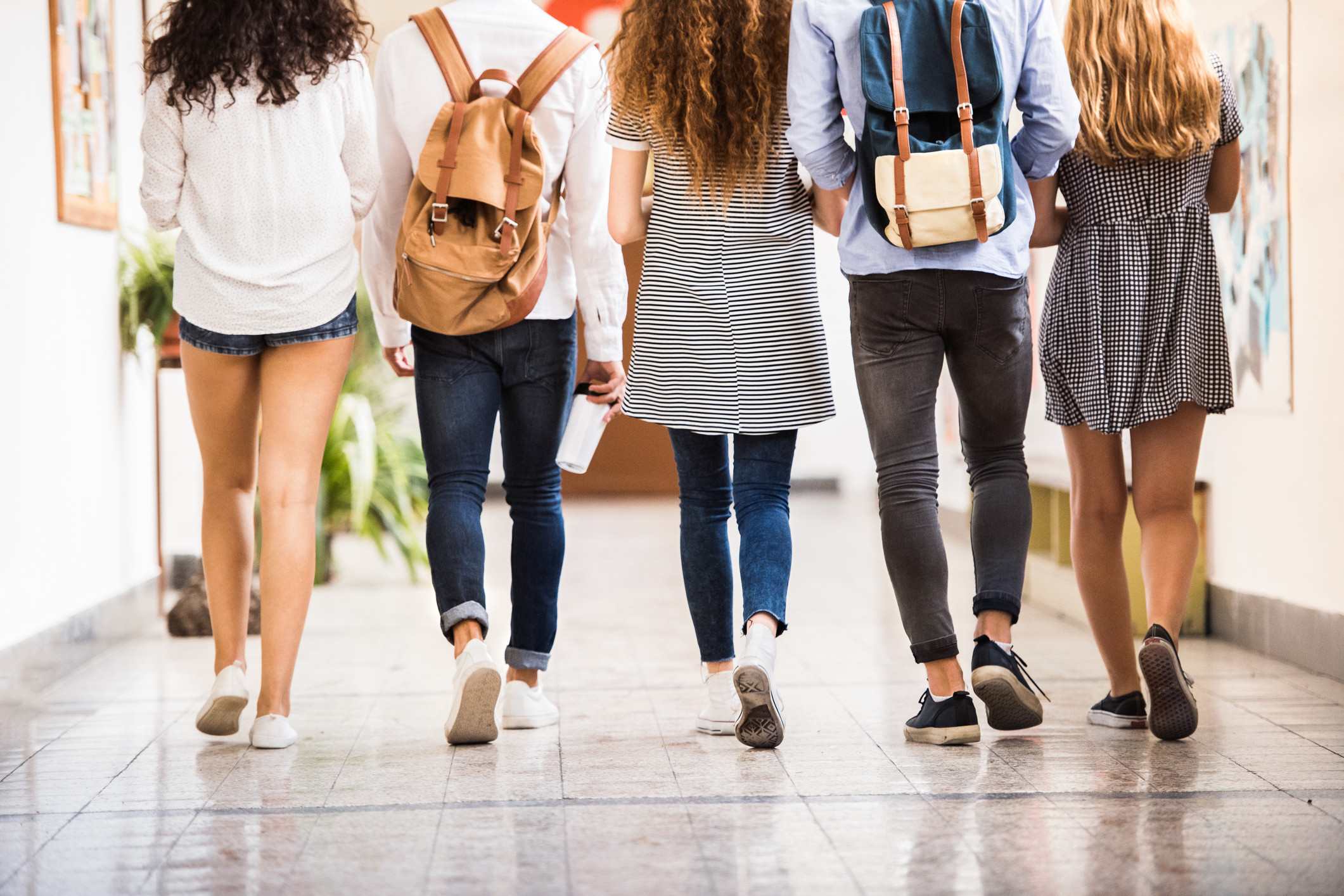Guns are killing our children. It’s time we did something

Follow me on Twitter @drClaire
We are all reeling from the news of the school shooting in Parkland, Florida that left 17 dead and 14 injured. A 19-year-old former student has confessed to the shooting. He used a semiautomatic weapon that he purchased legally a year ago.
Five years ago, when a gunman opened fire with a similar weapon at Sandy Hook elementary school in Newtown, Connecticut, killing first-graders and teachers, there was an uproar: we must stop this from happening, we said. We must do something.
But we didn’t. And since the shooting at Sandy Hook, there have been at least 239 school shootings, with more than 400 people shot and 138 killed. And those are just school shootings; many more have been killed in other shootings, such as the shooting in Las Vegas on October 1, 2017 that killed 58 people.
For many reasons, as a country we have struggled to take actions that limit access to guns. We take the Second Amendment very seriously: “A well-regulated Militia, being necessary to the security of a free State, the right of the people to keep and bear Arms, shall not be infringed.” The problem is, too many guns aren’t being used as part of a well-regulated militia — or for hunting or sport. They are being used by angry or mentally ill individuals to kill innocent people, including innocent children.
People kill, gun rights advocates say, not guns. And that is true. But without the guns, especially without guns like the one used in Parkland, they would be killing many fewer people, perhaps none at all. It isn’t just about the people and their mental health problems. It’s also about the guns.
Every year, 1,300 children under the age of 18 die from injuries due to firearms. If you expand the age to 21, that number is nearly tripled to 4,500 — and 20,000 are seen in emergency rooms for firearm-related injuries.
It’s time we faced facts and did something about the public health crisis of gun violence. The American Academy of Pediatrics has pointed out that there are some policy actions we could take that could make a tremendous difference:
- We should have a ban on assault weapons, and we should include in that ban guns like the ones used in Parkland, Newtown, and Las Vegas. As a nation, we need to have a very serious conversation about why anyone needs to own a gun that can shoot many bullets very quickly.
- We need stronger background checks, mandatory waiting periods and mental health restrictions for gun purchases. We need to close the gun show loophole, and do a better job of stopping gun trafficking.
- We need to make safe storage the law. We need trigger locks, lock boxes, gun safes and legislation to make sure they are used.
- We need mental health services to be widely and easily available, to help people before they think of using a gun on others or themselves.
Individual gun owners can help by making sure that their guns are safely locked and out of reach, with ammunition locked separately. A study published in 2017 found that 39% of parents wrongly thought their children didn’t know where their gun was stored.
We also need to do a better job of speaking up — and reaching out and taking action — when people talk about violence. The shooter in Parkland had been quite vocal on social media and with friends about his gun ownership and thoughts of hurting people. We can’t ignore or dismiss things like this. Just as important, we need to give law enforcement as well as friends and family members real tools to be able to intervene, get the person help and keep others safe.
We can’t wait any more. We can’t let any more children die. Our children need to be more important than our guns.
About the Author

Claire McCarthy, MD, Senior Faculty Editor, Harvard Health Publishing
Disclaimer:
As a service to our readers, Harvard Health Publishing provides access to our library of archived content. Please note the date of last review or update on all articles.
No content on this site, regardless of date, should ever be used as a substitute for direct medical advice from your doctor or other qualified clinician.












